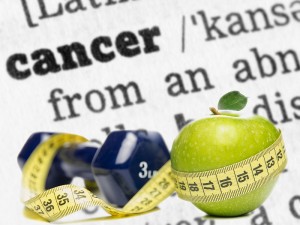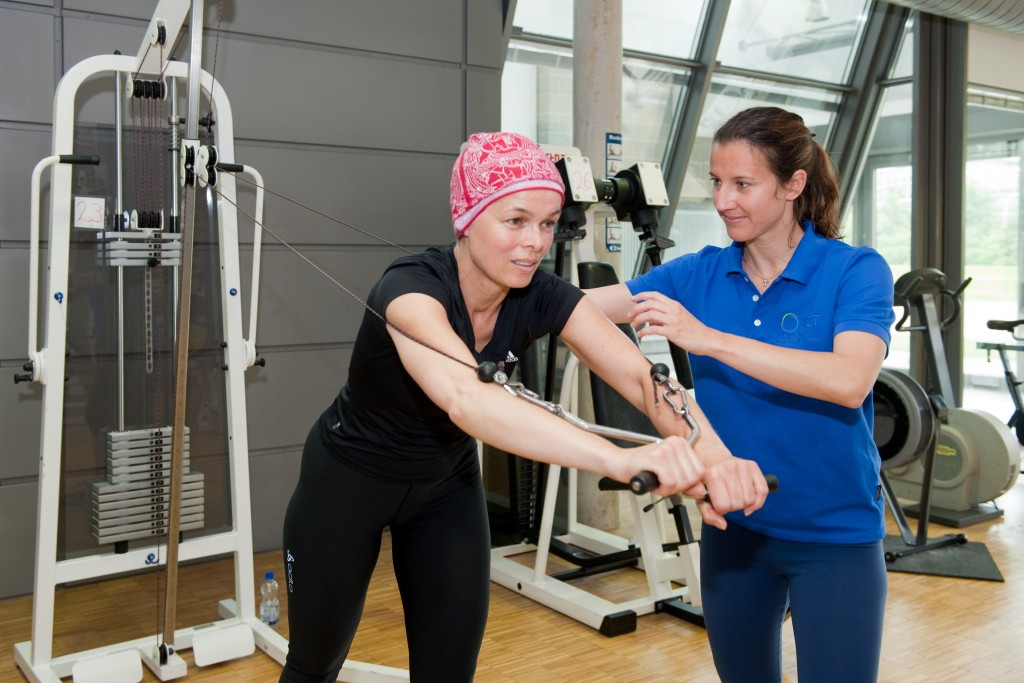 Cancer is one of the leading causes of death and disability in Australia, with most of us knowing someone close to us who has been affected by the disease. Traditionally, people undergoing treatment for cancer have been advised to rest and avoid physical activity, based on the perception that it could exacerbate fatigue and hinder recovery. However, over the last two decades there has been mounting evidence to support the use of exercise as a treatment for cancer.
Cancer is one of the leading causes of death and disability in Australia, with most of us knowing someone close to us who has been affected by the disease. Traditionally, people undergoing treatment for cancer have been advised to rest and avoid physical activity, based on the perception that it could exacerbate fatigue and hinder recovery. However, over the last two decades there has been mounting evidence to support the use of exercise as a treatment for cancer.
A recent article in The West Australian described exercise as “medicine” which should be “prescribed” to those with cancer. According to Professor Rob Newton (Edith Cowan University), research suggests that a “prescription” of exercise could have similar benefits for cancer survival as chemotherapy. More specifically, exercise can induce chemical changes in the blood which seem to have a poisonous effect on cancer tumours.

I recently attended a full-day seminar on “Exercise for the Management of Cancer”, conducted by Dr Prue Cormie (Edith Cowan University). We spent the day discussing the optimal exercise recommendations for people with cancer, examining case studies and real-life examples of people with cancer who have undertaken exercise regimes, and becoming familiar with the latest research supporting the use of exercise as an important part of cancer treatment plans.
Several statistics stood out to me, including the fact that the average risk of cancer decreases by approximately 20% if you exercise! While most people are affected by cancer-related fatigue, many can also suffer from co-morbidities such as decreased bone mineral density and suppressed immune function. We also discussed the fact that only 20% of people with cancer are meeting the national physical activity recommendations of 150 min of exercise per week. What is even more striking is that only 4% of this cohort are meeting the resistance training recommendations. According to the research presented to us at the seminar, the risk of cancer recurrence can be reduced by 17–43% with appropriate and regular physical activity.
The research is overwhelmingly in support of exercise for improving outcomes for people with cancer. Some barriers can exist to commencing an exercise program when undergoing treatment for cancer, including cancer-related fatigue, however the benefits of doing a small amount of gentle exercise can improve outcomes so significantly it is imperative to maintain some level of physical activity, with carefully controlled increases in activity as cancer-related fatigue subsides. As exercise physiologists, we firmly believe in the prescription of exercise as medicine especially when it comes to cancer treatment. We individually tailor each exercise program to the physical ability, current health status, and fitness level of each person.
